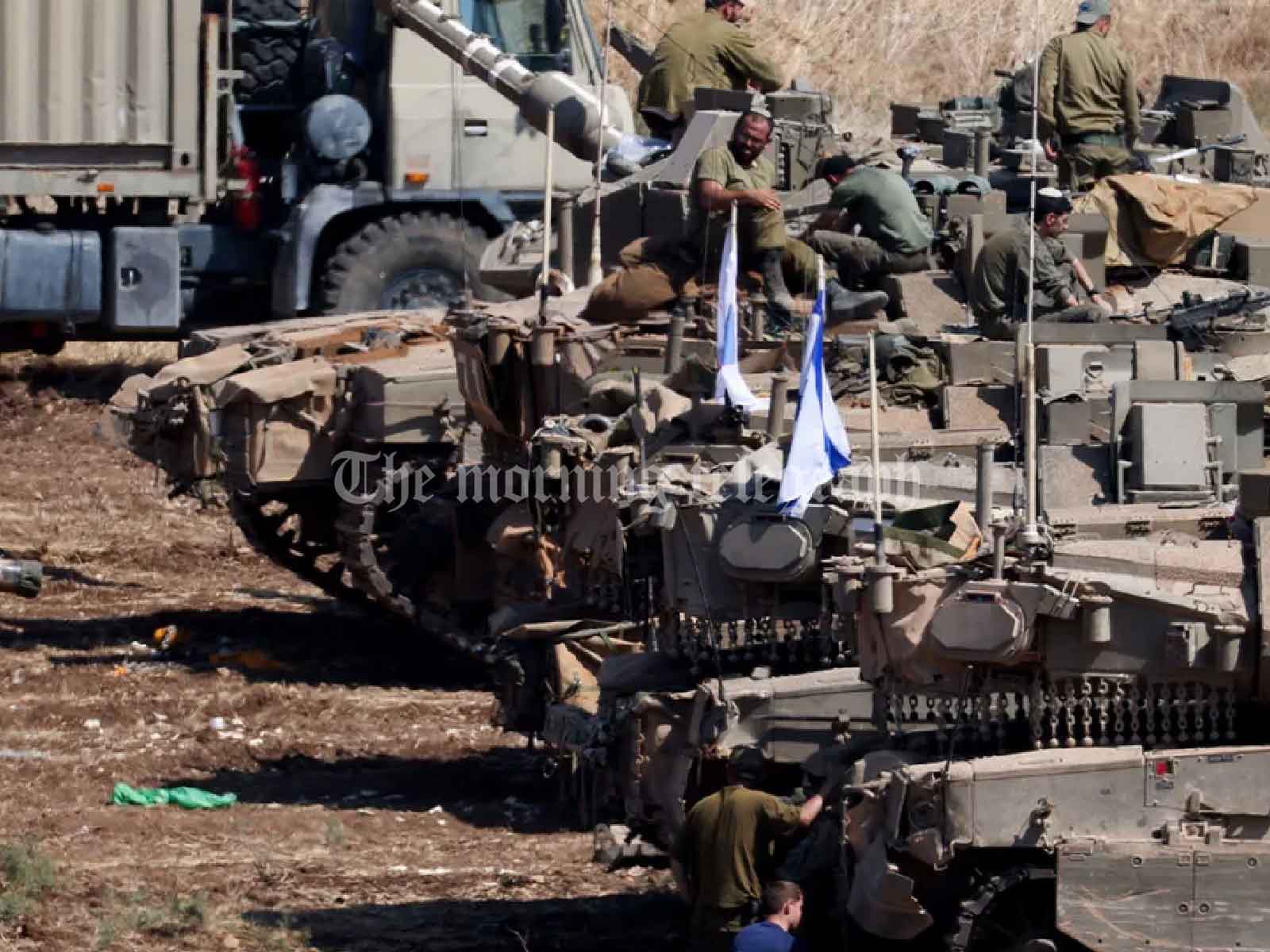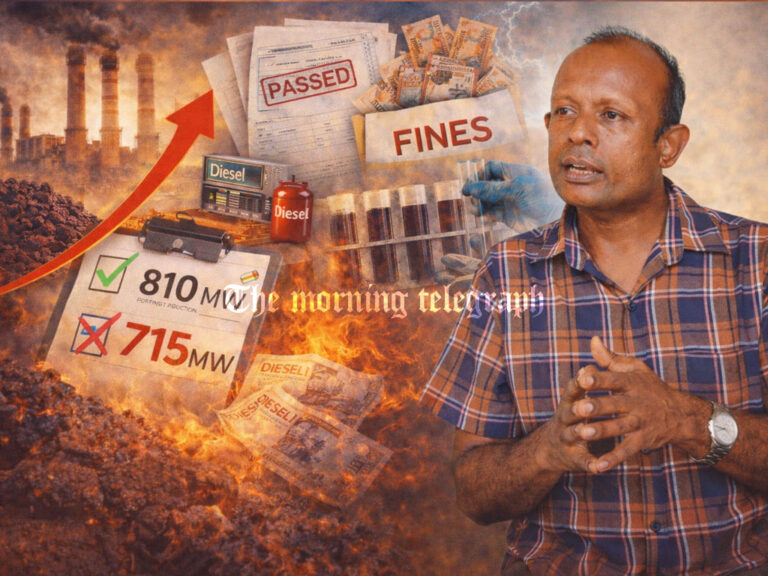
Israel is currently on high alert as tensions escalate along its northern border with Hezbollah and the looming threat of missile attacks from Iran. In response to increased rocket fire from Hezbollah, Israel has initiated limited ground operations in southern Lebanon, prompting warnings for residents in border communities to evacuate. The Israeli Defense Forces (IDF) have conducted airstrikes and artillery bombardments targeting southern Lebanese villages, while Hezbollah retaliated by launching rockets into Israel, intensifying fears of a broader regional conflict.
A senior U.S. official has warned of “severe consequences” if Iran decides to launch a ballistic missile attack on Israel, with military assets positioned in the region to assist Israel if needed. Reports suggest that an Iranian missile strike could occur imminently. However, Iranian state media have not confirmed any imminent attack plans.
The IDF has been executing localized ground raids in southern Lebanon, aiming to dismantle Hezbollah’s military infrastructure, including weapons caches and tunnels. While Israeli military spokesman Rear Adm. Daniel Hagari asserts that these operations are essential for security, Hezbollah officials have denied that Israeli troops have crossed into Lebanon, labeling the reports as “false claims.”
To further bolster defenses, Israel has imposed restrictions on public gatherings and closed beaches in northern and central areas, while calling up thousands of reserve soldiers. Casualties in Lebanon have reportedly surpassed 1,000, with many being civilians, raising alarms about the humanitarian impact of the ongoing violence.
Both Israel and Hezbollah seem prepared for a prolonged confrontation, with international observers expressing concern that any escalation could involve other regional powers, including Iran and the United States. The situation remains precarious, and developments are being closely monitored amid fears of a wider regional war .




